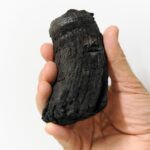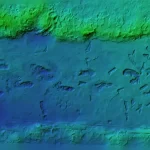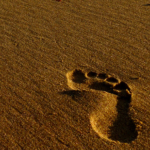New Scientist
Image: Andreas Eldh
The conference program had not been kind. Joshua Drew‘s talk on shark biodiversity was buried in an afternoon slot on the penultimate day of the week-long Ecological Society of America 2012 meeting in Portland, Oregon. Ten years ago, the slot would probably guarantee the speaker a small, sleepy audience and a poor scientific impact. But not anymore.
Drew, a biologist at Columbia University in New York, took to Twitter to preview his presentation. A journalist attending the conference saw the tweet, turned up to the talk and blogged the study.
“The paper took on a life of its own,” says Drew. Within a matter of days, his research had been covered by a number of popular science websites, reaching a large and international audience. And all from a single tweet.
The web, and particularly social media, is a powerful tool for spreading the word about new science. But is online success a sign of quality science? And should it matter for a researcher’s career? Read more on newscientist.com…








